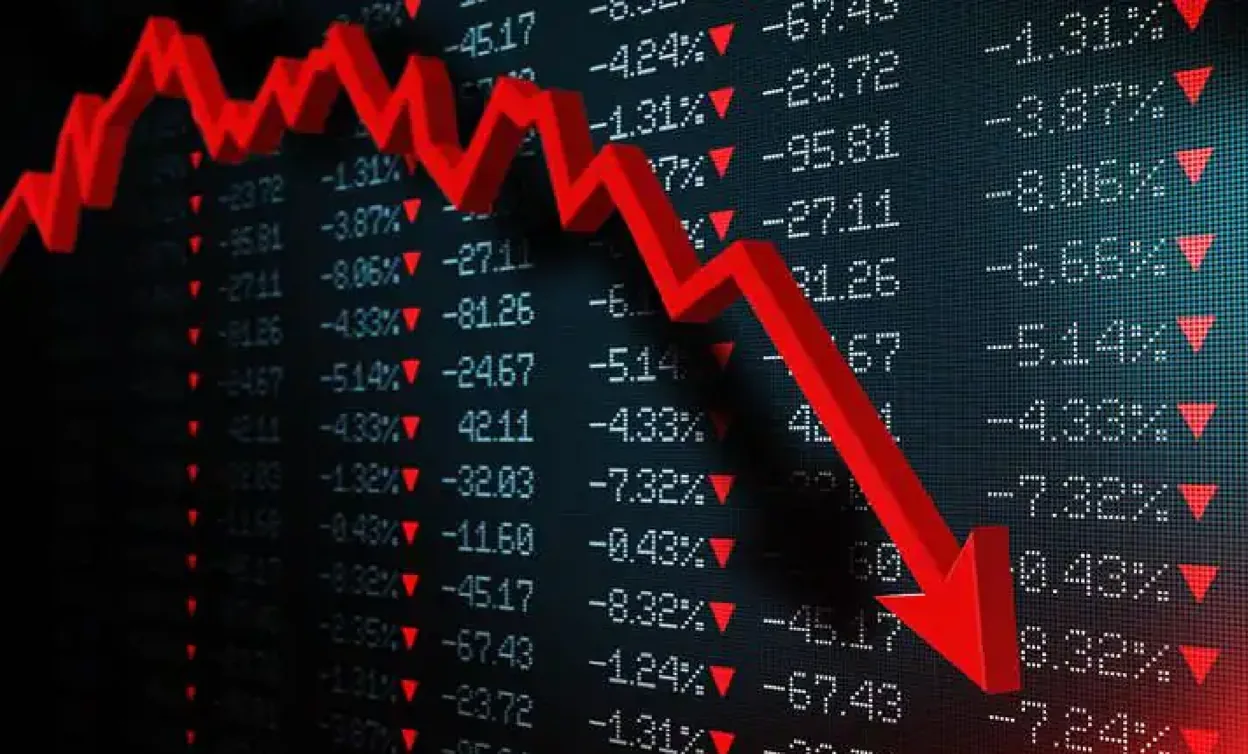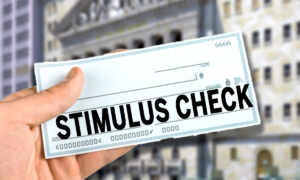A stock market crash is a sudden and sharp decline in the prices of stocks listed on a stock exchange. This can be caused by a variety of factors, including economic downturns, market speculation, and global events.
One of the most famous stock markets crashes in history was the Wall Street Crash of 1929, which led to the Great Depression. This crash was caused by a variety of factors, including overproduction, over-speculation, and a lack of regulation in the stock market.
More recently, we’ve seen stock market crashes in 1987, 2000, and 2008. The 1987 crash, also known as Black Monday, was caused by a combination of program trading and market psychology. The 2000 crash, known as the dot-com bubble, was caused by the overvaluation of technology stocks. The 2008 crash, known as the financial crisis, was caused by the collapse of the housing market and the subprime mortgage industry.
It’s important to note that stock market crashes are a natural part of the economic cycle and can present opportunities for long-term investors. While it’s normal to feel anxious during a market crash, it’s important to have a diversified portfolio and to stay the course of your investment strategy.
If you’re feeling uncertain about the stock market, it’s always a good idea to speak with a financial advisor. They can help you understand the current market conditions and make informed decisions about your investments.
As the global economy continues to grapple with the impact of the COVID-19 pandemic, many experts are predicting that a stock market crash is on the horizon. While it’s impossible to predict exactly when or how it will happen, there are a few key factors that could contribute to a crash in the near future.
One of the main drivers of a stock market crash is a sudden and significant drop in investor confidence. This can be caused by a variety of factors, including economic downturns, political instability, or natural disasters. With the COVID-19 pandemic leading to widespread job losses and economic uncertainty, it’s no surprise that investor confidence has taken a hit in recent months.
Another factor that could contribute to a stock market crash is rising interest rates. As interest rates rise, it becomes more expensive for businesses to borrow money, which can lead to a slowdown in economic activity. This can also make stocks less attractive to investors, as they may opt for safer investments with higher returns.
A third factor to consider is the state of the global economy. Many experts are predicting that we are headed for a recession in the coming months, which could lead to a stock market crash. This is due to the fact that companies may struggle to meet earnings expectations, leading to a drop in stock prices.
Finally, it’s worth noting that the stock market is inherently volatile, and crashes can occur without warning. Even if all of the above factors are not present, there’s always the potential for a crash to happen due to external forces or unexpected events.
Ultimately, it’s impossible to predict exactly when or how a stock market crash will occur. However, by staying informed and diversifying your investments, you can help to mitigate the risks and protect your wealth in the face of economic uncertainty.
How To Survive a Market Crash
If a stock market crash does occur, it’s important to have a plan in place to help you navigate the volatility and protect your wealth. Here are a few tips to help you survive a market crash:
Stay informed: Keep an eye on the market and stay up-to-date on the latest economic and financial news. This will help you to better understand what’s happening and make more informed decisions about your investments.
Diversify your portfolio: Don’t put all of your eggs in one basket. Instead, diversify your portfolio by investing in a variety of asset classes, such as stocks, bonds, and cash. This can help to minimize your risk and reduce the impact of a market crash on your investments.
Keep a long-term perspective: Market crashes are typically temporary, and the stock market has historically recovered from downturns in the past. While it’s important to be cautious and make smart investment decisions, try not to panic or make rash decisions.
Don’t try to time the market: It’s impossible to predict exactly when a market crash will occur, and trying to sell all of your investments in anticipation of a crash can often be more detrimental than holding onto them. Instead, focus on building a well-diversified portfolio and ride out the storm.
Consider seeking professional advice: If you’re unsure about how to navigate a market crash or how to protect your wealth, consider seeking the advice of a financial advisor or investment professional. They can help you to develop a strategy that is tailored to your specific needs and goals.
Remember, while a stock market crash can be a stressful and uncertain time, it’s important to stay calm and focused. By following these tips and working with a financial professional, you can help to survive a market crash and protect your wealth in the long term.
In conclusion, while it is impossible to predict with certainty when or if a stock market crash will occur, there are a number of factors that could potentially contribute to such an event. These include high valuations, economic uncertainty, market manipulation, and the possibility of a market bubble. It is important for investors to stay informed and diversify their portfolios in order to minimize the potential impact of a crash. While it is always wise to be cautious, it is also important to remember that the stock market has a history of recovering from downturns and that even during a crash, there may be opportunities for investors to take advantage of.

















